Seszták István
A teremtés és az idő fogalma, a teológia eszkatológiai jellegének megértéséhez
Tartalom
István Seszták: The Concept of Creation and Time in Understanding the Eschatological Character of Theology In contemporary theology – as Hans Urs von Balthasar suggests – the question of eschatology represents the signs of times. To reinforce this claim verified multiple times by now, the ideas of the representatives of three theological schools may be summarised along the following lines. Jürgen Moltmann argues that eschatology ‘cannot merely be a single chapter of Christian teaching but ought to define our whole Christian existence and thinking, the Church itself and its eschatological orientation’. Karl Rahner also expresses a similar view in proposing that it is eschatology that ‘constitutes the whole (i.e. the fullness) of theology or, at least, the formal-structural principle acting in every theological statement’. Contemplating Byzantine theology, John Meyendorff confirms that ‘eschatology can never really be considered a separate chapter of Christian theology, for it qualifies the character of theology as a whole. ... Not only does [eschatology] consider man’s destiny — and the destiny of all of creation — as oriented toward an end; this orientation is the main characteristic of the sacramental doctrines, of its spirituality, and of its attitude toward the ‘world’.’ Accordingly, interpreted as the ‘signs of times’, eschatology is not so much a theological tractate discussing novissimi, the final realities of human life, as a scrutiny of the decisive, consummating event, the true eschaton, as well as its effect on mankind desiring redemption, which is essentially God’s presence and fateful coming in Christ. To understand the process of this paradigm shift as it were, it is necessary to redefine some of the basic concepts, with the exegetic scholarship of the last century offering considerable help in this regard. The present brief study primarily examines the concepts of creation and time as the ‘key terms of a renewed eschatology’. God is ‘eternal’ and ‘everlasting’, whereas man lives in time. It is highly thoughtprovoking that the Bible always stresses the category of ‘history’ in God’s intervention, i.e. the presence of the Creator in it, while never failing to remind us that God is ‘above history’. In the religious experience of Israel, such a dual encounter with transcendence and immanence is ubiquitous. Time is a created reality, which God enters so that, addressed by God, man may experience Him as the God of the Covenant. Therefore, time is primarily intended to enable us to appreciate God’s blessing and receive it with the help of the unique categories of space and time.

